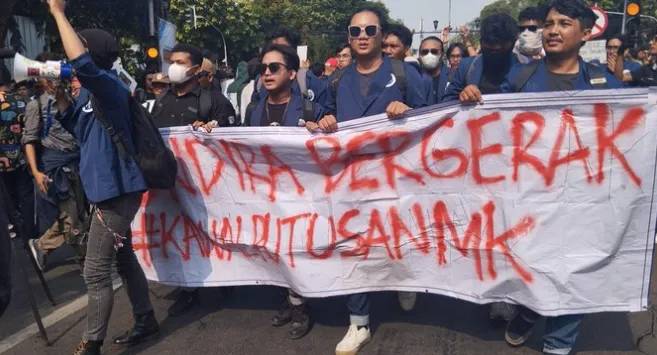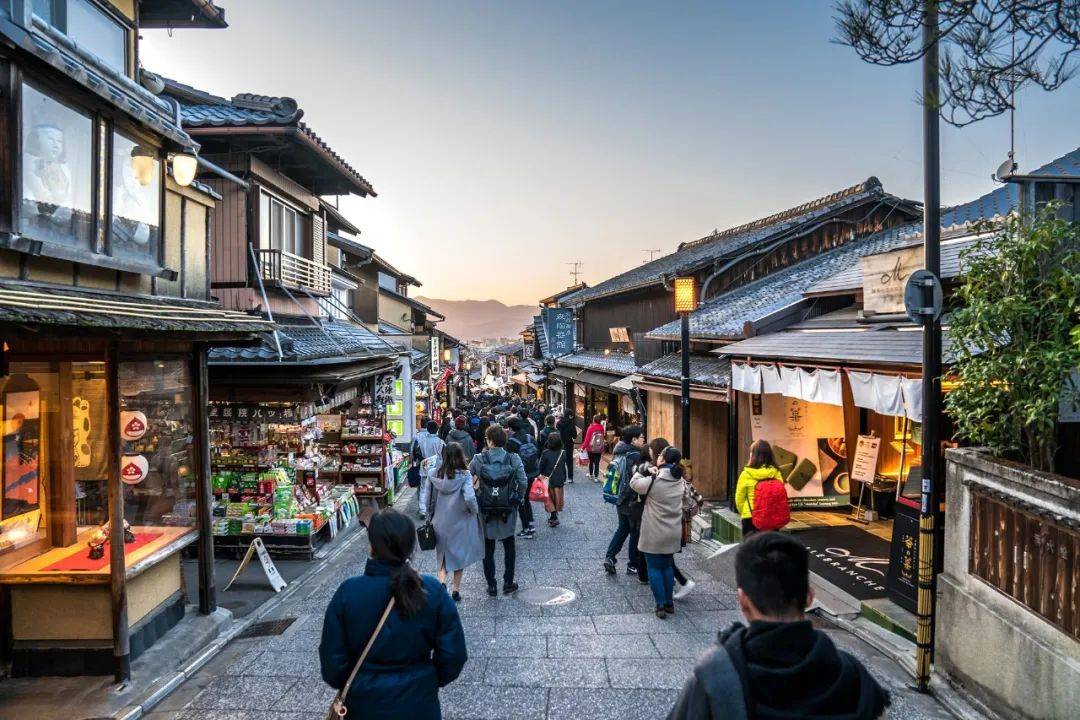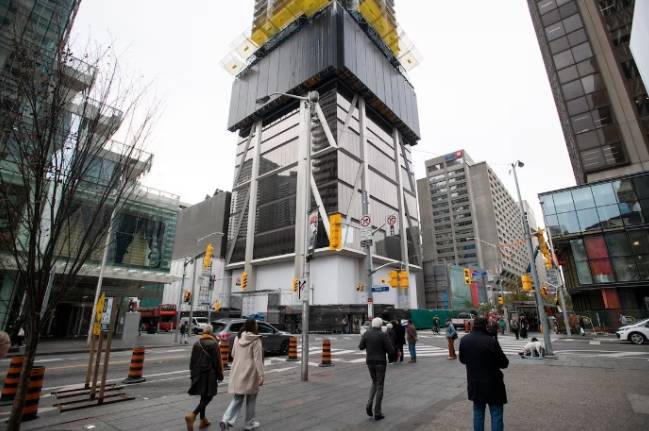Developments in and around Indonesia
The recent situation in Indonesia has been volatile, with large-scale popular protests breaking out.
(i) Massive protest events in Indonesia
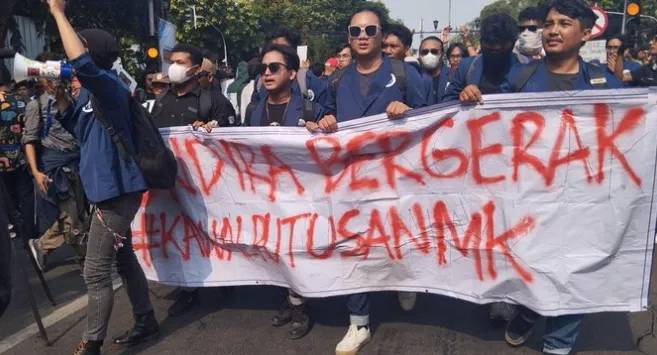
Image Source: Sourced from the Internet
1. Key Constitutional Court Ruling
- On August 20, Indonesia's Constitutional Court issued a decision with major implications. It ruled that candidates for the local government head election need only obtain 10 percent of the nominations of their counterparts in local councils to be eligible to run, a significant reduction from the previous 20 percent. At the same time, it was clarified that candidates for the upcoming local elections must meet the minimum age limit of 30 years at the time of nomination.

Image Source: Sourced from the Internet
2. Impact on the political landscape
- This ruling is significant in the current political situation in Indonesia. It means that Anis, the former governor of Jakarta SAR and one of the candidates for the 2024 presidential election, has been given the opportunity to participate in the Jakarta gubernatorial election, and cannot be easily excluded from the race even if pro-Joko, pro-Prabowo parties such as the Professional Group Party (PGP) and the Great Indonesia Movement Party (PAM), which hold the majority of seats, are in control of the seats. On the other hand, however, Joko's youngest son, Kasang, will not be able to participate in the Central Java gubernatorial election in November this year because he will only turn 30 in December, after all, the registration process for the election is scheduled for the end of August.
3. Outbreak of protests
- On August 20, fierce protests broke out in Jakarta, Indonesia. According to Reuters, thousands of people gathered outside the parliament, carrying signs accusing Joko of “nepotism” and “undermining democracy”. Some of the protesters even set fire to roads and broke down part of the gates of parliament. To control the situation, security forces used tear gas and water cannons. The head of the Central Jakarta Police Force said they deployed at least 3,200 police officers to prevent clashes.
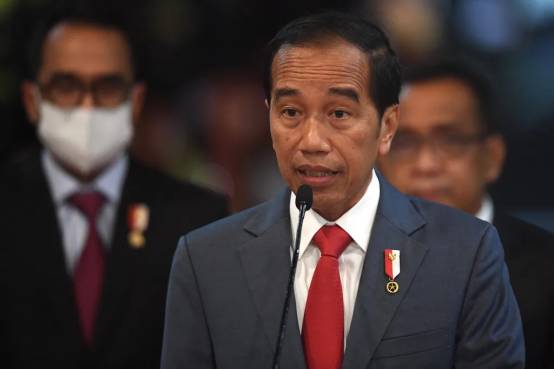
Image Source: Sourced from the Internet
4. Response of the National Assembly
- Indonesia's parliament adjourned amid a wave of protests. Deputy Speaker Sufmi Dasco Ahmad said on 22nd that the session could not proceed normally because of a lack of quorum. The Democratic Struggle Party, the largest party in parliament that broke with Joko, appears to have adopted a strategy of boycotting parliamentary proceedings and plans to submit a memorandum of objections.
(ii) Tensions in Cambodia
Cambodian Deputy Prime Minister and Interior Minister Sok Sokha has instructed the National Police Director General and provincial governors to take tougher security measures in response to the threat of extremist groups attempting to organize protests around the Cambodia-Laos-Vietnam Development Triangle (CLV-DTA), which are scheduled to take place in Phnom Penh. In a press conference on August 13, General Director of the Cambodian National Police (CNP) Suthep Thong made it clear that the police would take tough action against any individual or group intent on carrying out unlawful unrest, and that any attempt to overthrow the legitimate government would not be tolerated. He also called on the public not to be fooled by the opposition's inflammatory rhetoric and emphasized that the armed forces are always loyal to the country and committed to protecting the legitimate government.
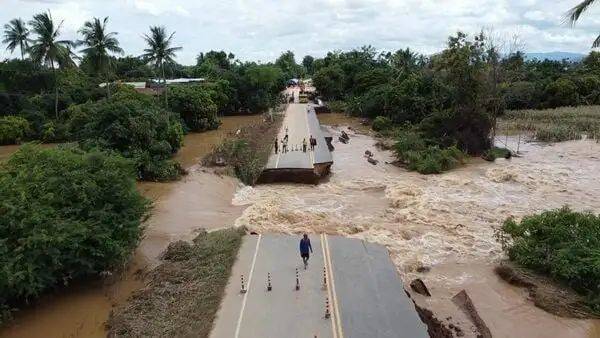
Image Source: Sourced from the Internet
(C) Floods hit many parts of Thailand
According to AFP, the Department of Disaster Prevention and Mitigation (DDPM) of the Thai Ministry of Interior revealed on August 26 that due to heavy rains, floods and landslides occurred in many parts of the country, killing 22 people and injuring 19 others. More than 30,000 households from 13 provinces were affected by the disaster, the DPM said in a statement. Dr. Anusorn, Dean of the Faculty of Economics at the University of the Thai Chamber of Commerce and a former member of the National Research Council, has also warned that there is great concern that Bangkok could sink into the sea within the next 7-8 years.
-------- END --------
